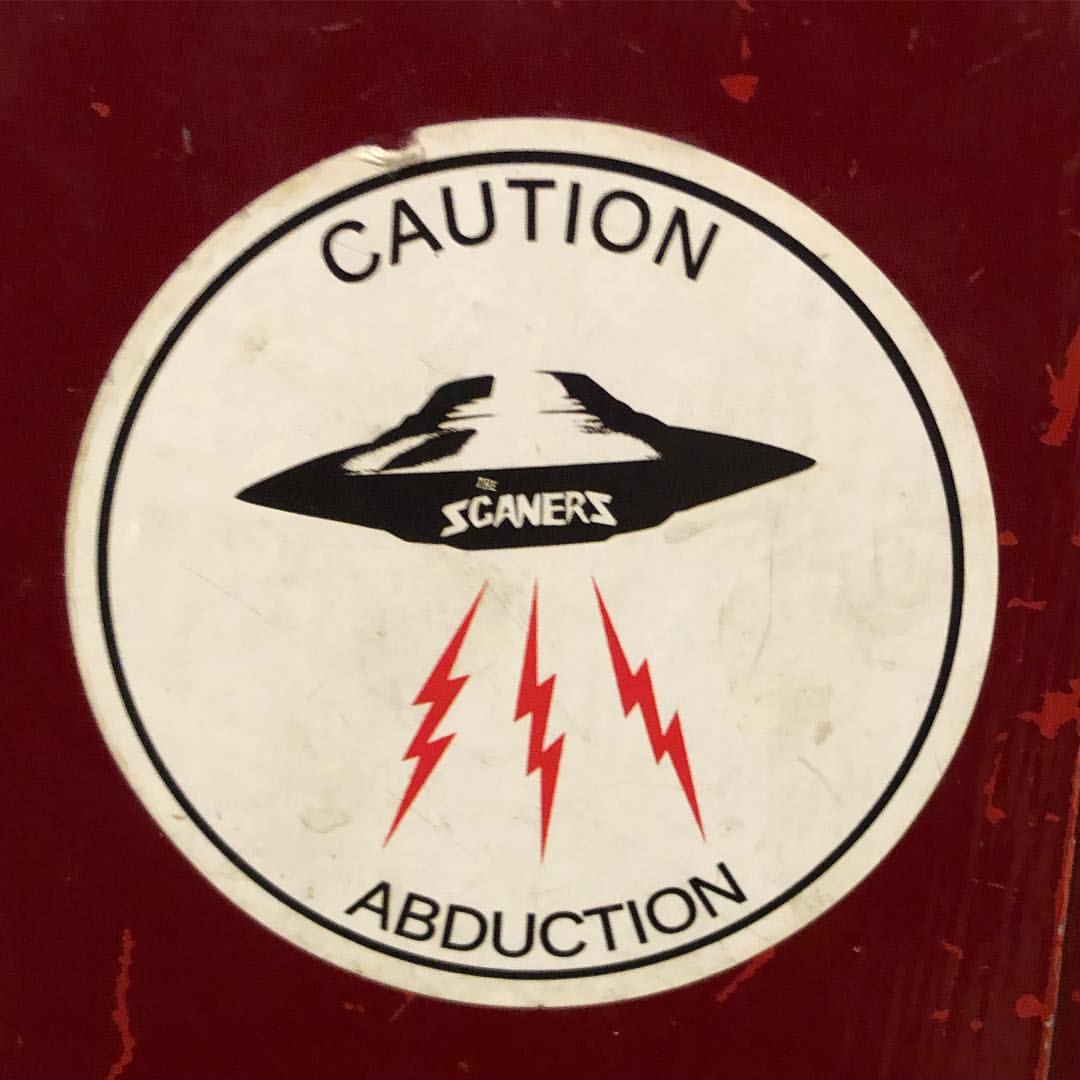I caught this on Talking Pictures TV last night, a wonderful cable channel that unearths all kinds of forgotten wonders.
“The Death of Adolf Hitler” is a 1973 British television play, an episode of ITV Sunday Night Theatre. It stars Frank Finlay as Adolf Hitler and Caroline Mortimer as Eva Braun. First aired on 7 January 1973, the drama details the last 10 days of Hitler’s life as World War II comes to an end and Allied troops close in on the Führerbunker. Michael Sheard (who played Himmler) and Tony Steedman (who played Gen. Jodl) would play the same roles in the American television film The Bunker in 1981. The play depicts Hitler as a tragic antihero tormented by both the past and present, unable to reconcile his hopes and dreams with the reality of the nightmare of his own making.
Finlay won a British Academy Television Award as Best Actor for his performance.
FInlay was around the same height as Hitler: I was struck by a couple of scenes where he appears a good deal shorter than the people around him, and I suspect either the rest of the cast were put on boxes or he was put in a hole to accentuate it. You can see why Finlay won an award – it’s a showy role, but he runs up and down pretty much his entire range within it.
Evidently, the author of the piece, Vincent Tilsley, intended it to be a six-hour series. When it was cut down to one hour forty five, amputating what he felt to be his best work, he quit writing and became a psychotherapist.
There’s a wonderfully horrible little cameo in there from Ray McAnally, too. It makes an interesting compare/contrast with the more recent and better known DOWNFALL. This piece is much more theatrical, much less restrained and measured in its effects. It makes a few departures from British tv of its period – no fake German accents, thank god, and also it simply translates “Fuhrer” – Hitler is referred to as Leader throughout. There are hallucination scenes, lines repeated like a mantra or chorus throughout – a really interesting construction.
There’s a chilling bit with children playing (a version of) Juden Raus. all the more awful for its matter-of-fact nature and everything it says about the insidious banality of evil.
And, hey, there’s a copy on YouTube as well as DVDS (UK) (US).
















